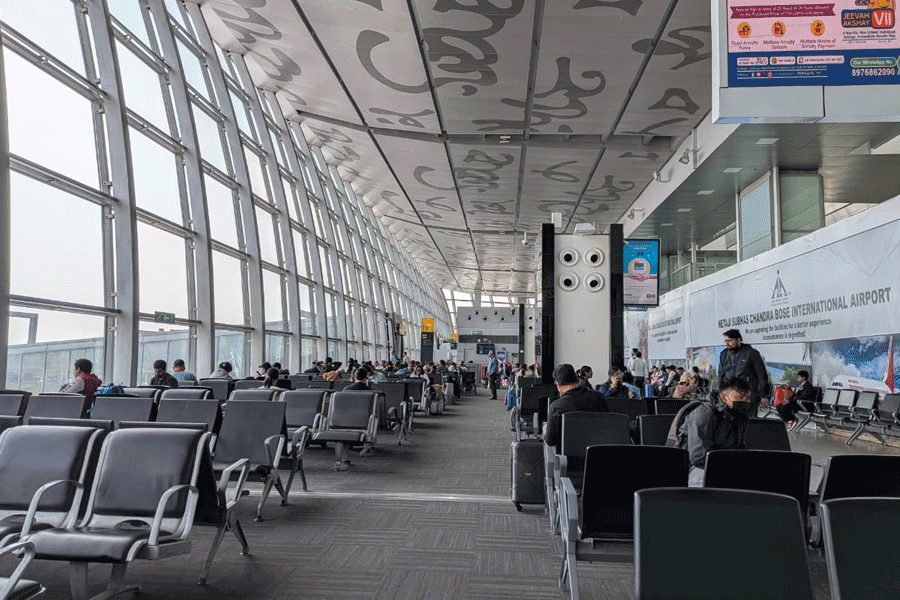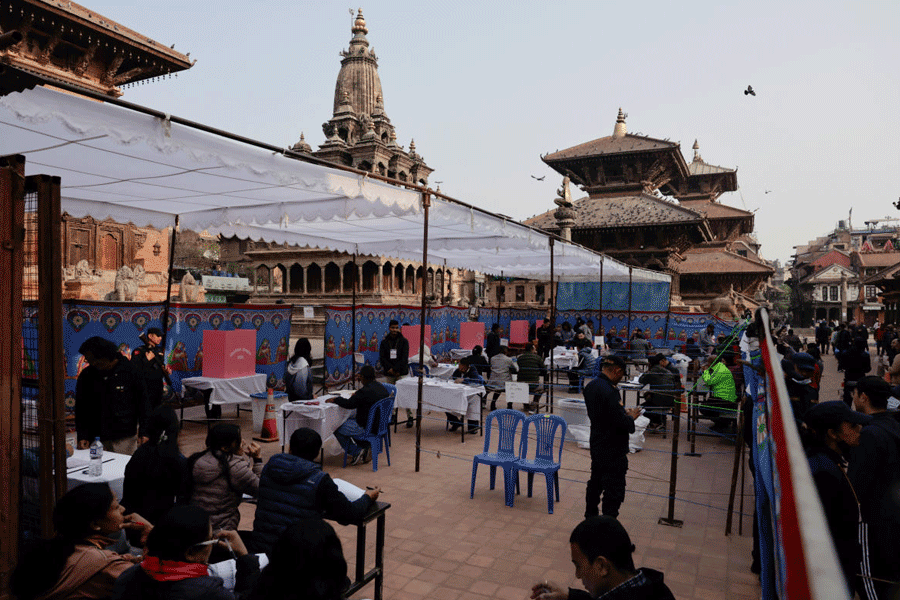 |
| Litsea cubeba plant whose seeds are being tested for treatment of lung cancer |
Jorhat, Aug. 22: Zydus Cadila, one of India’s largest pharmaceutical companies, signed an agreement for development of an anti-cancer drug with the CSIR-North East Institute of Science and Technology (NEIST), today.
R.L. Bezbaruah, who heads the information and business development division of CSIR-NEIST, told The Telegraph that the company had signed the agreement to work together on molecules isolated from the seeds of Litsea cubeba (locally known as mejankori). It has been proven by the institute’s scientists to have properties which destroy and eliminate human lung cancer cells.
“The agreement is one step towards development of a drug. The company will start trials on animals and then proceed from there. They will let us only know about their findings and our scientists will let them know about any further progress in their research. The agreement calls for an exchange of knowledge only between the two institutes,” Bezbaruah said.
Zydus Cadila was represented by its vice-president, Mukul Jain, and business development head Binu Philip. NEIST was represented by S. Bhattacharya, professor emeritus, School of Life Sciences, Visva Bharati, as well as mission director of Northeast exploration project (NEEP), D. Ramaiah, NEIST director, R.C. Boruah, former acting director and outstanding scientist, N.C. Boruah, chief scientist, Montu Bhuyan, scientist, P.K. Baruah, NEIST doctor, and Bezbaruah.
N.C. Boruah of natural product chemistry division of NEIST, said the institute has been working on traditional medicinal plants found in the Northeast and to add value to it biological evaluations of the compounds are made at Visva Bharati.
“In this case, biological evaluation of four molecules of the mejankori seed, which is indigenous to the region, was found to be efficacious in lung cancer. A patent has been filed in this regard,” he added.
The next level is commercialisation but as this is a very expensive process, we have been contacting different companies and Cadila evinced interest. From now on, clinical trials will begin with animals and human volunteers and if this is found to be effective, approval will have to be taken from the regulatory authority for production of an anti-lung cancer drug,” he added.
The chief scientist said as of now “they will protect our data and we will protect their findings. To go onstream, an application may have to be made to the Council of Scientific and Industrial Research for a soft loan under their New Millennium Indian Technology Leadership Initiative programme.”
R.C. Boruah, medicinal chemistry division, said manufacture of the drug on a commercial scale would take some time as everything from safety and toxicity levels, metabolism, absorption and fixing of dose levels would have to be studied and it would have to be tested on human volunteers before that.
The abstract of the research paper published in PLOS One (eISSN-1932-6203) international journal, stated that non-small cell lung carcinoma (NSCLC) was a major killer in cancer-related human death. Its therapeutic intervention required superior efficient molecules as it often became resistant to present chemotherapy options. It added that the vapour of volatile oil compounds obtained from Litsea cubeba seeds killed human NSCLC cells AS 49 through the induction of apoptosis (disintegration) and cell cycle arrest.
Those involved in the research were Soma Seal, Priyajit Chatterjee, Sushmita Bhattacharya, Durba Pal, Suman Dasgupta, Rakesh Kundu, Sandip Mukherjee, Shelley Bhattacharya, Mantu Bhuyan, Pranab R. Bhattacharyya, Gakul Baishya, Nabin C. Barua, Pranab K. Baruha, Parachuri G. Rao and Samir Bhattacharya.










